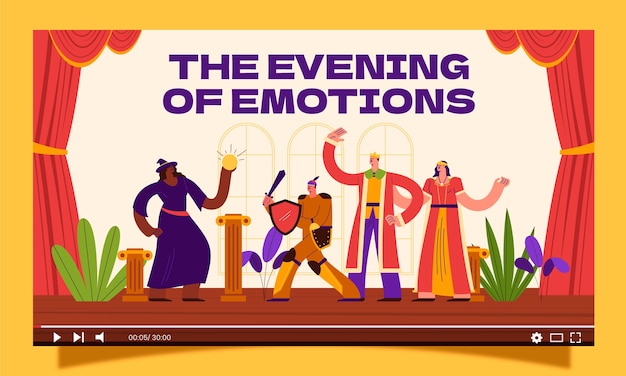
Should You Join Actors’ Equity?
Okay, straight up – I’m a bit skeptical about Actors’ Equity. And it’s not because I couldn’t make it in. I’ve actually passed on three job offers that could have led me there. Recently, a friend of mine got a gig that would get her an Equity card, and while I’m truly happy for her, it got me thinking about the pros and cons of joining.
Yes, joining the Equity is tough. It’s like a classic catch 22 – you need to be a union member to land a union job, but to join, you must either snag a union job or put in a heap of apprentice hours for really lousy pay.
My view of how unions should operate might be influenced by my experience working as a production manager in an IATSE house. Now, that’s what I call a strong union, even though joining isn’t a cakewalk. But at least they pay their members a livable wage and offer plenty of jobs.
Equity has this quirky rule where you need to work a specific number of weeks a year to qualify for healthcare. Often, that means accepting a job in a remote location for a few weeks with a hefty pay cut just to meet the quota. Let’s talk about showcase codes. They were designed to help small theater companies produce their work long enough to get it professionally produced. However, they’re frequently misused, with stage managers sometimes working full-time, 40+ hours a week, for several weeks at a time for just around $200.
The best way to curtail the misuse of showcase codes would be for experienced stage managers to stop accepting these jobs. However, in a competitive city like NYC, that’s easier said than done. Ideally, it’s the union’s job to regulate this issue.
In IATSE, there’s flexibility to take non-union work; you’re just unprotected during that job. But with Actor’s Equity, there’s a penalty for working outside the union, even when union jobs are scanty.
Most Equity stage managers I know end up in non-directly related jobs like dog walking, barista work, or substitute teaching just to get by and maintain their union membership.
Actor’s Equity is geared towards aiding Broadway-level stage managers. If Broadway isn’t your ultimate goal, the union might not offer much benefit.
Honestly, I find Equity a little antiquated. Many stage managers start as actors before transitioning, thus they fall under Actor’s Equity. But that scenario is less common nowadays. To stay relevant, many stage managers, especially younger ones, might be better off moving to IATSE, particularly considering the increasing demand to master technical skills like lights or sound operation, areas where Equity doesn’t currently offer much support.
All this being said, I don’t mean to undermine the achievement of acquiring your Equity card. It’s a tough feat and deserves congratulations! I’m just suggesting that stage managers should deeply think about whether joining really benefits their career.
However, if we could move to IATSE, I’d say go for it entirely! Fire away in the comments if you’ve grappled with the idea of joining a union you thought had significant drawbacks.